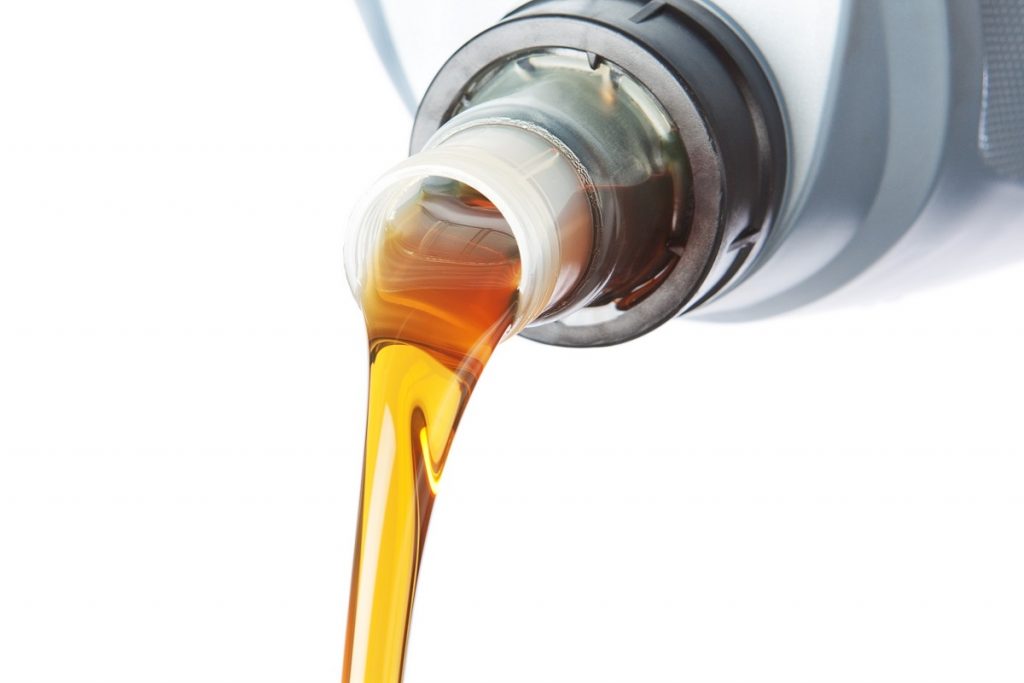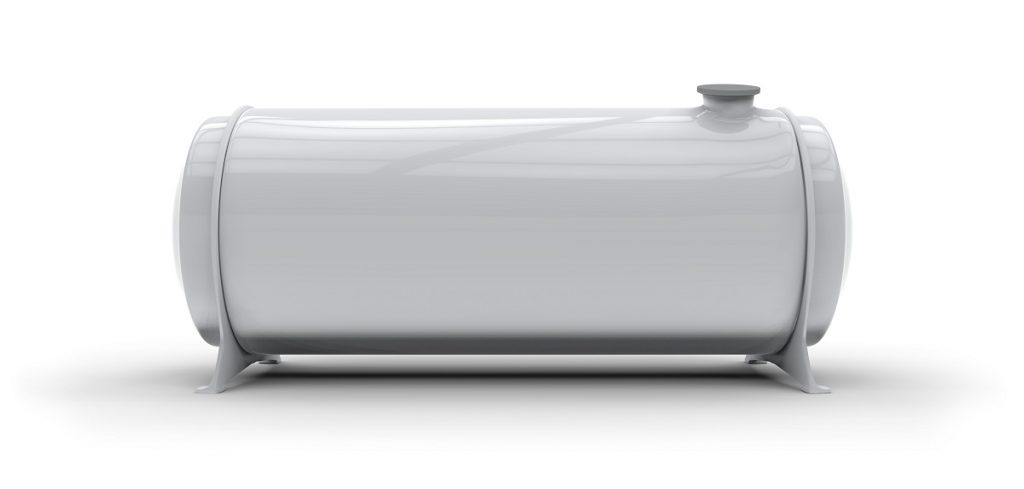 At some point, you might need to buy a tank to store different kinds of fuel. Many people think there’s nothing special they need to know about purchasing a fuel tank. To them, any tank will do, as long as it is affordable. But, a fuel tank is much more than just a container with a cap.
At some point, you might need to buy a tank to store different kinds of fuel. Many people think there’s nothing special they need to know about purchasing a fuel tank. To them, any tank will do, as long as it is affordable. But, a fuel tank is much more than just a container with a cap.
There is such a thing as getting the wrong tank, which could mean you wasted money on something you can’t use. The worse part? You could have avoided this situation if you were just a little more careful. You should not buy any tank; you should get one suitable for your specific purpose in mind as well as certain conditions.
Given the wide variety of poly diesel tanks available in the market, however, deciding on the ideal one for you is easier said than done. Here are three mistakes you want to steer clear of to make the right choice.
1. Overlooking federal and local regulations
As you already know, diesel is highly flammable, which makes it very dangerous if not stored properly. Accidents involving fuel usually lead to major damages. As such, there are regulations in place to make sure that all fuel tanks meet the specified standards of safety.
Find out the regulations you need to follow, and make sure that the tank you buy meets each of them. Failure to meet laid down specifications will lead to hefty penalty fines as well as inconveniences. Not only that, you could be endangering yourself, other people, and the environment.
2. Being vague about your requirements
 Shopping for the ideal fuel tank needs to be guided by how much fuel you need to keep in storage, both now and in the future. The more frequently you refuel the tank, the higher the risk for spills, operator error, truck traffic, and delivery expenses.
Shopping for the ideal fuel tank needs to be guided by how much fuel you need to keep in storage, both now and in the future. The more frequently you refuel the tank, the higher the risk for spills, operator error, truck traffic, and delivery expenses.
Go for a tank that’s big enough to hold your fuel for a while, but not for too long as that could lead to spoilage of the fuel. The concept doesn’t only apply to food resources: Storing to much than you will use at a specific time will lead to spoilage.
3. Not considering how you intend to use the tank
The key to preventing regrets buys is foresight. Think about what you will be using the stored fuel on. Before deciding on a tank, it’s essential to determine what type of equipment you’ll be fuelling.
If you don’t do that, it’s hardly possible to know what kind of tank to buy and which pump you’re going to need to attach to it. If you are planning to fuel a generator, for example, then it’s vital that the tank you choose is able to attach to the generator.
Given that all kinds of fuel tanks saturate the market, choosing the right one for you may not be easy. But with forethought, you can avoid some of the most common tank buying blunders and make the right decision. Follow the tips above and avoid errors and regrets.